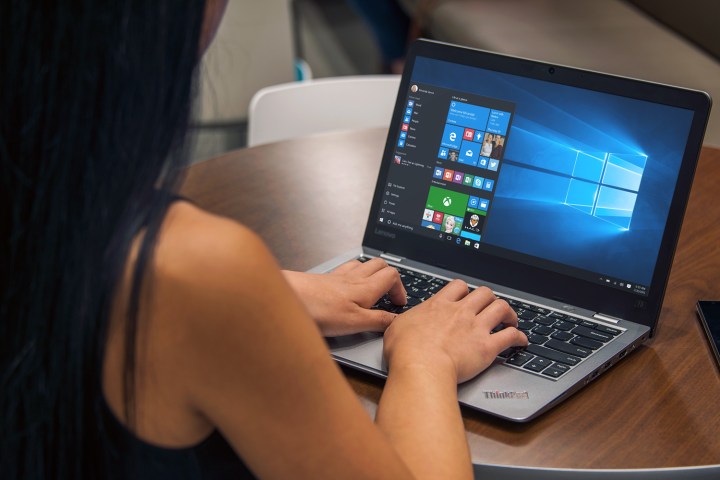
The OnePoll survey questioned 500 individuals in North America and 500 residents in the UK. It asked one simple question: If the controversial collection of user data in Windows 10 that’s causing privacy concerns would push them into considering a switch over to Mac. the survey found that 501 individuals said they “might” consider switching, while 141 individuals said they would “definitely” consider the switch. Another 358 individuals said they wouldn’t even consider it.
The poll goes on to show that U.K. respondents are more concerned about the Windows 10 data collection than Americans, with 15.2 percent of the U.K. residents polled saying they would “definitely” consider a switch and 51.8 percent saying “maybe.” For the Americans, 13 percent said “definitely” and 48.4 percent said “maybe.”
Using the same survey, OnePoll determined how the privacy concerns affect people of various ages. Individuals from 18 to 24 years old were more favorable about switching to a Mac, with 23.91 percent saying “definitely” and 47.83 percent saying “maybe.” Those between the ages of 35 and 44 had the least number of dedicated Windows customers, with 24.46 percent saying they wouldn’t switch, while 28.26 percent of the 18 to 24 group were also dedicated Windows fans
Finally, the survey determined if gender impacts privacy concerns. Out of the 1,000 respondents, there were more men than women ruling out the possibility of switching to a Mac. Men also took the lead when it came to “definitely” considering a move away from Windows.
In late July, France’s CNIL said that Microsoft is collecting excessive data through Windows 10, such as noting all apps the customer has downloaded and installed on the system, and how long they spend in each one. The commission also pointed out that the PIN-based security system used in Windows 10 is not limited, granting anyone unlimited attempts at entering the correct PIN.
Other problems pointed out by the commission include the inability to block advertising cookies on Windows 10, the use of an advertising ID to monitor user browsing and serve up targeted ads, and the transfer of European user data to the United States on a “Safe Harbor” basis. This method of data transport was banned by the Court of Justice of the European Union in August 2015.
Microsoft was given three months to clean up its act with Windows 10. Naturally, the company had something to say about the allegations. It says Windows 10 was built with strong privacy protections, but the company welcomes feedback as it continues to enhance those protections.
“We will work closely with the CNIL over the next few months to understand the agency’s concerns fully and to work toward solutions that it will find acceptable,” said David Heiner, vice president and deputy general counsel at Microsoft.
As the survey shows, consumers are clearly concerned over the controversies surrounding Microsoft collecting data through Windows 10. The recent OnePoll survey was commissioned by Comparitech.com


